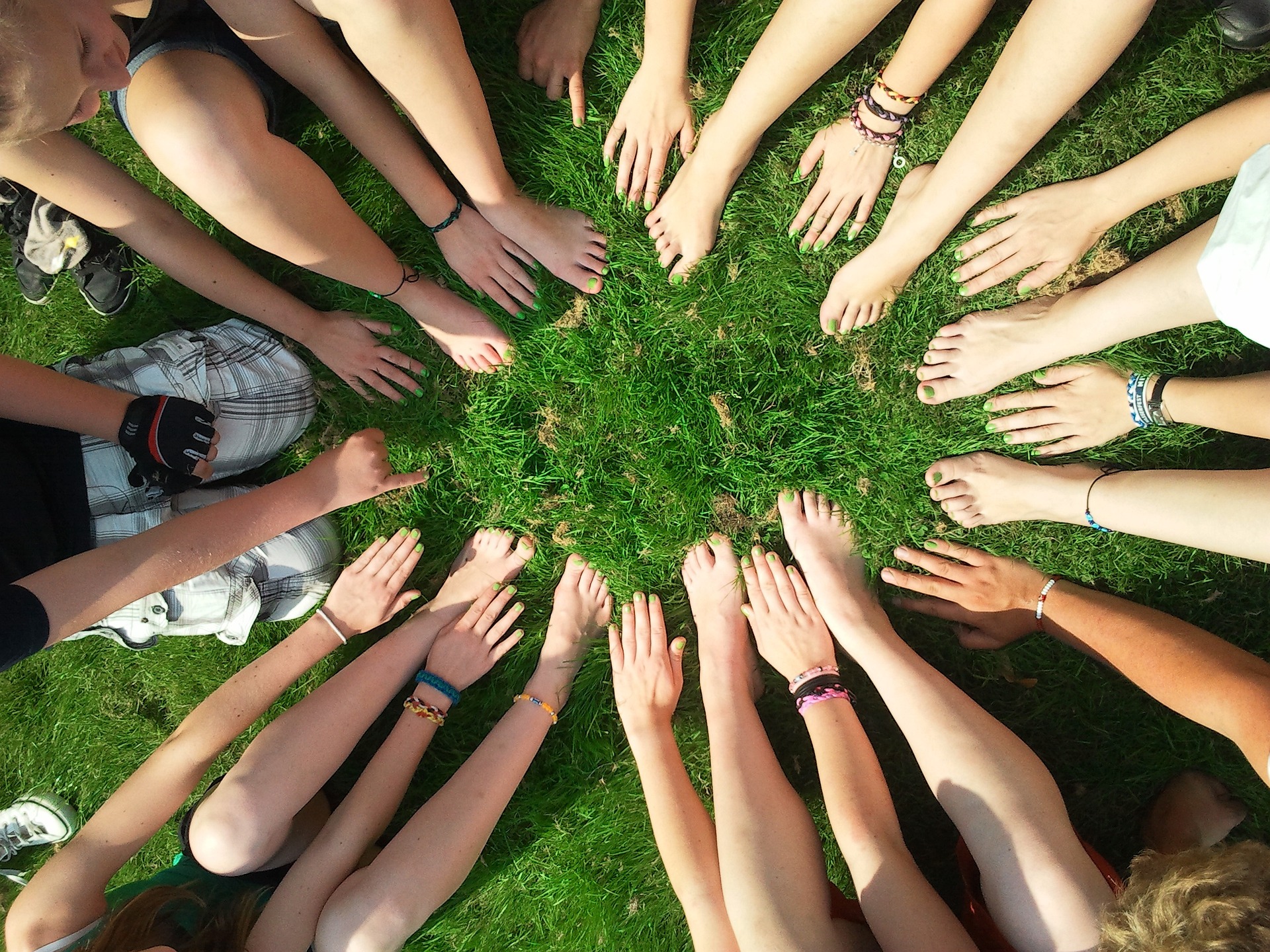The Intricate Dance of Social Media and Modern Activism
Social media platforms have transformed how we communicate, connect, and express ourselves. But, more than that, they're reshaping our society in unanticipated ways. Read below to track this digital revolution, from the advent of online platforms to their current role in modern activism.

The Genesis of Social Connectivity
We cannot appreciate the full impact of social media on modern activism without tracing its roots. The birthplace of social media lies in the early 2000s, with platforms like MySpace and Facebook pioneering a new era of digital connectivity. This was a time when the Internet was no longer just about browsing websites, but about forging connections, expressing identities, and exchanging ideas.
The Digital Megaphone
As these platforms evolved, so did their potential for mobilizing mass movements. The Arab Spring uprisings in 2010 were one of the earliest and most prominent examples of this. Activists used social media to bypass traditional media gatekeepers, broadcasting their messages directly to the world. This shift not only amplified their voices but also allowed for a more democratic and inclusive form of activism.
The Hashtag Activism
Fast forward to the present day, and social media has become a hotbed for activism. From #BlackLivesMatter to #MeToo, hashtags have become powerful tools for rallying support, raising awareness, and catalyzing change. They’re more than just digital slogans; they’re markers of collective consciousness and social solidarity.
The Double-Edged Sword
However, the marriage of social media and activism is not without challenges. While these platforms can facilitate positive change, they can also be breeding grounds for misinformation, polarization, and online harassment. Moreover, the ephemeral nature of online activism—often called “clicktivism” or “slacktivism”—raises questions about its depth and lasting impact.
The Future of Digital Activism
Despite these concerns, there’s no denying that social media has permanently altered the landscape of activism. As we look to the future, we can expect these platforms to continue playing a pivotal role. The challenge will be harnessing their power responsibly, ensuring they’re used as tools for genuine engagement and meaningful change, rather than mere echo chambers.
In conclusion, the interplay between social media and modern activism is a complex dance. It’s a relationship fraught with both promise and peril. But, at its core, it’s a testament to the transformative power of technology—how it can bring us together, drive us apart, and shape our collective future.



